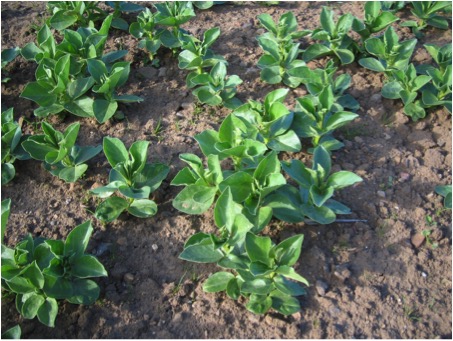Winter beans – pre-emergence weed control
26 September 2019Weed pressure in winter beans tends to be low due to the later sowing date when fewer weeds germinate.
However, beans are sown at a very low seed rate so there is plenty of room for any weeds that do germinate to develop into a problem. Volunteer cereals can need controlling, and on farms that have brome or black-grass, winter beans give an excellent opportunity to try to prevent seed return of these problem weeds for one year at least.
Where grass weeds are the issue, a stale seedbed prior to sowing is definitely worthwhile – for both brome and black-grass. For barren or great brome and for black-grass the advice is to surface cultivate (5 cm) after harvest to encourage germination then spray off with glyphosate. In fields that have meadow, rye or soft brome seed should be left to ripen on the soil surface for a month before shallow cultivating and spraying off emerged weeds with glyphosate.
There are limited post-emergence herbicide options in winter beans so it is worth getting on with a residual. This must be applied before emergence of both crop and weeds – at the time of year when beans are sown germination tends to be slow so there is a bit of time to get the spray on.
There are several pre-emergence herbicide options – all control annual meadow-grass and some broad-leaved weed species. Selectivity relies on a layer of settled soil separating the beans from the herbicide.
Sign up to the FAS newsletter
Receive updates on news, events and publications from Scotland’s Farm Advisory Service

